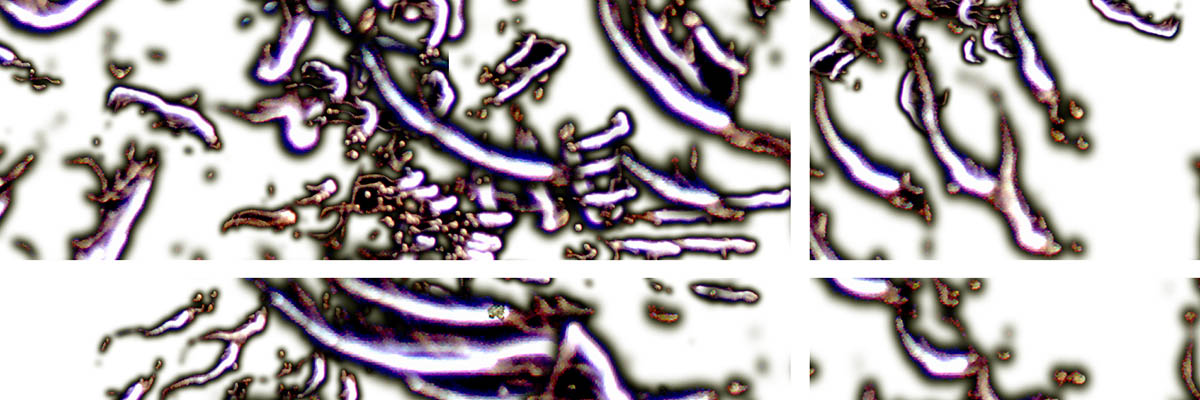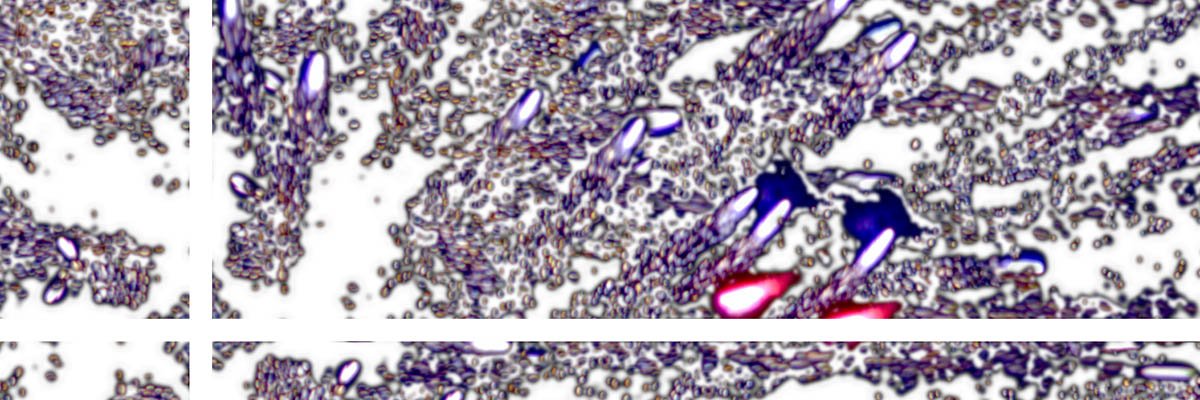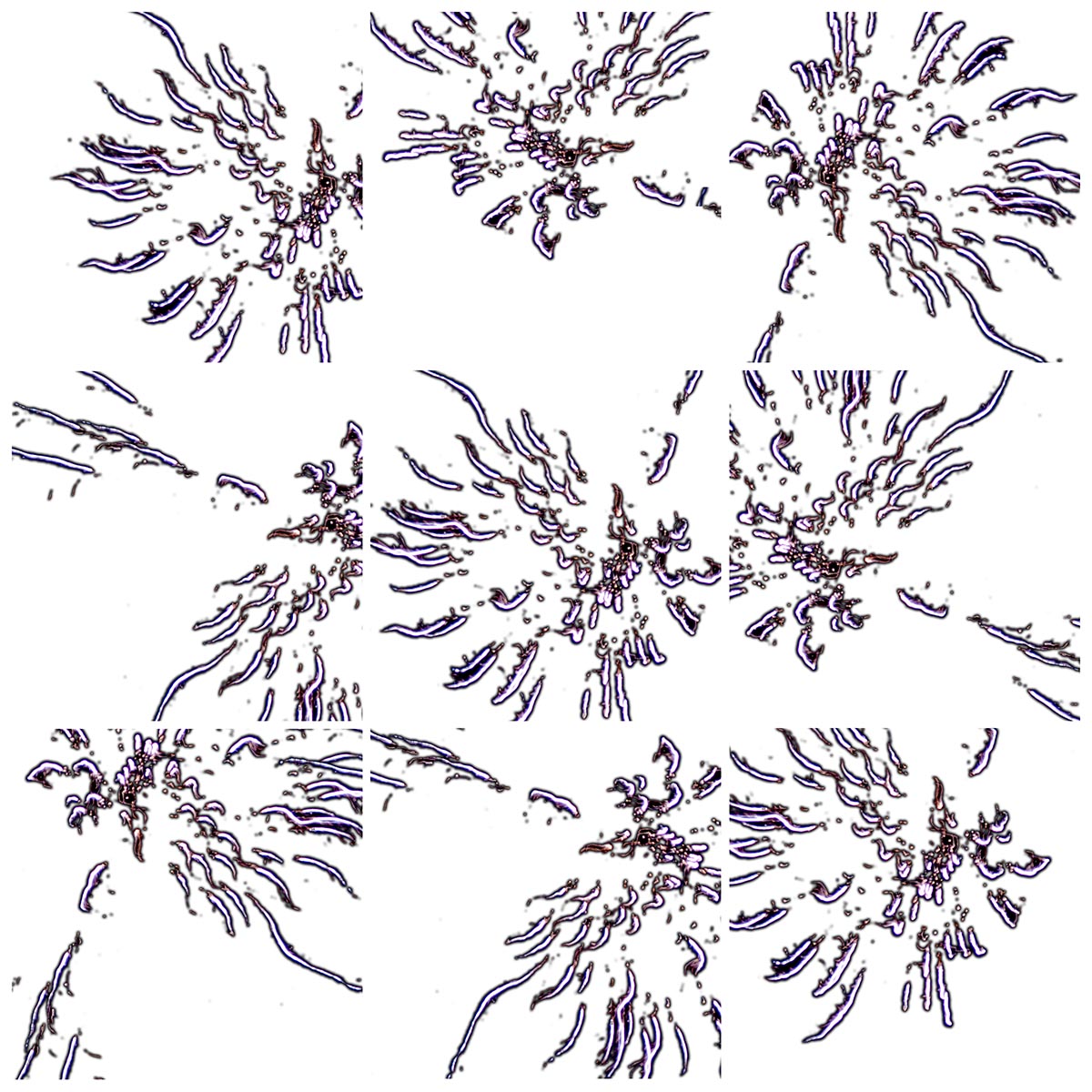

You can look down on it from the south side of the churchyard, and if you turn back, go down the steps, turn left, and stand at the end of Church Lane, then look east, you will see how the land rises up to the door of the pub. The car park and old stables behind are on the flat. Beyond them the pightle rises steeply, a bumpy green hill visible over the pub's thatched roof. The yews and oaks of the churchyard, and the tower of the church, are high above you, to the left. Pightle is a Middle English word for a small field or enclosure, usually of irregular shape.
One November evening, as the almost full moon began to rise and two animated silhouettes tried to ignite a pile of rain‑dampened hedge cuttings and broken wood, I and my new partner stood in the dark on the pightle. We had just moved, to live together, at the edge of the village. It was all new to me, but for my partner this was a return.
An old man approached, “Hello, it’s a long time since I’ve seen you”. The first flames of the fire caught a questioning glint in his eye. Even in the dark he recognised that I was not the man that, nearly twenty years ago, had brought her, and her new born daughter, home to the cottage across the road. “How’s that little girl of yours?”
The fire was well alight now and soon its heat made the moon ripple like a reflection in water. “She’s very well, twenty at the end of the month, at university in London… You’re looking very good, Albert. How old are you now?”

He said he would be eighty seven in January. He still came to the pub a couple or three times a week, often at lunch time now because he didn’t usually like to be out in the dark. It was half a mile to his house and there were no pavements, and no street lights.
“What’s the new Landlord like?”
“Pretty good, likes his fireworks. He was a computer programmer in Cambridge but fancied running a pub. His wife, Cathy, she's a very good cook. They’re doing a good job. Much better than the last lot, but not as good as Henry and May”
“Well no one could be…..”

For a few years after this meeting I would quite often drive past him, strong and upright, only a little halting, on his walk to a half of pale ale. And I came to look for the regular appearance, rising after Christmas every year, of a large amaryllis with huge red double blooms, flanked by wash‑faded brown and yellow, early 1960s design, curtains in the window of his house.
We lived at the edge of the parish, a mile from the pub, for eleven years. One cold day in early May, nearly six years after we had moved away, a roadworks detour took me close to the village again. I had a letter to post so I stopped to see if the Royal Mail box was still there, in the wall of a house that forty years ago had been the village post office and shop. I posted my letter and walked to the end of Church Lane, where the austere flint faced house that was once a Methodist Chapel still seemed to be standing guard by the entrance to the allotments. Walking back towards the pub I passed Strand House, which long ago stood by the end of the navigable river, now four miles away. Then the ‘new’ houses, built in the 1950s, where the soil at the end of their gardens is rich in sharks teeth and coprolites. Approaching the gate of Rose Cottage, I braced myself for the onslaught of the two terriers who, on my almost daily walk to catch the post, had always greeted me with ferocious enthusiasm. All was silent.

I passed a cottage that had a large extension built on the north side: small windows but big roof lights facing east and west. I could see it was used as a kitchen now. In 1967 the widow of a Royal Academician retired here. Probably a better painter than her husband, she lived and worked on for over thirty years. In 1985, as a gift, she made a watercolour portrait of a 4 year old girl, the one who lived across the road from the pub. A luminous icon of wonder and hope, its subject would grow to confirm its promise.
I looked over the wall at Laburnum Cottage, which a few people might still call Mrs Hemming’s house, where the film producer from London had week-ended. He had knocked down the large brick shed that was once the village slaughter house, and had the garden designed with neat plantings, tidy paths and a fountain. He went while we were here and I saw that now the fountain was gone and the garden had returned to a more relaxed state. Back at the pub now, I stood with my back to Joe and George’s house. They were two brothers who had been born here, had both married and had families, but had both returned to the same house as widowers, for their last days. After George went (to rejoin his wife, and his brother, in the churchyard above the pightle) an airline pilot had it for a holiday home: still there I think, now retired.
Almost all the houses seemed dark and deserted and I remembered that the landlord of the pub, when we were here, claimed that nearly half of them were holiday homes or owned by weekenders.

To the left of the pub, mounted on two stout posts and behind locked glazed doors, was the parish notice board. I saw two A4 size flyers. One stated that the pub, which was bought by a consortium of mostly local people just before we left, was in desperate need of capital to ensure its long term survival. The pub owned two fields one of which, the one beyond the pightle, had lain dormant and unregarded for decades, a relic of the days when country inns needed land to graze horses. The plan was to work with a developer to build ten houses with parking space for forty vehicles. A feasibility study had been done and outline planning permission obtained. Residents were invited to a meeting to view and discuss the plans in detail. The other flyer invited all residents and property owners to register their objection to the plan which would “ruin and irrevocably damage the character of our village”.
I breathed the stillness and silence and pondered how ten new houses might change a place that was always changing, always irrevocably. A place of 90 “properties”, many of which were only occupied at weekends or for a few weeks in the summer. And I wondered about the conversion of the pub into a pretty thatched cottage - a weekend retreat from the rigours of Belgravia perhaps, screened from common view by a high beech hedge and new, solid, oak gates - the shutting off of a building in which for nearly five hundred years so many people, including me, had met for quiet conversation and refreshment, or occasional loud conviviality and celebration, how that might change this…… suddenly, there was an explosion.
High in the air above me, above the pub, above the church tower, above the pightle, a detonation of skirling screams set the air alive, a dozen darting black shapes, almost too fast to fix on, cutting arcs in the dead grey sky. Again, and again, and again.
Migrants from central Africa, here only for twelve weeks to reclaim their summer homes and to breed. The swifts were back.

Images and texts by P.F.WHITE (Peter Frankland White). ACTIVE: 196Os to the present. LOCATION: Europe (United Kingdom). SUBJECTS: vision, perception, location, time(s), class, power, rhilopia. STYLE: exploratory, aggregative, aleatory, attentive, punctum averse.
All material (except where otherwise acknowledged) is © Peter Frankland White, , and may not be reproduced in any form without written consent. See: Notes on Rights, Ethics, Privacy and Consent. Page design by Allpicture.